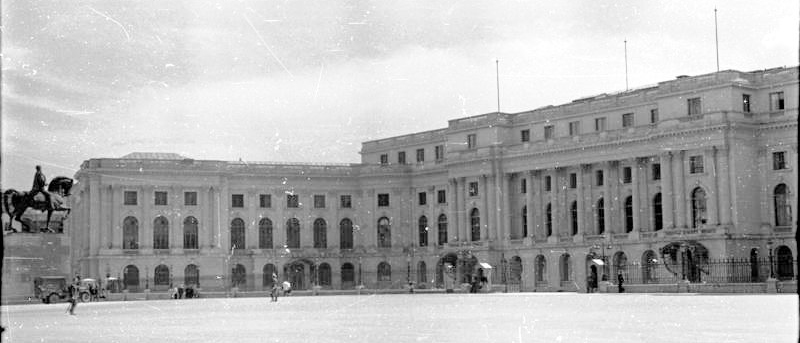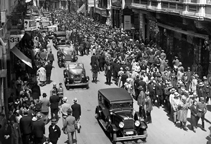the Objectives of the Project
The specific objectives of the project are as follows:
1) Identification of socialization environments and description of society experiences. Foreign diplomats interact with people that are diverse in terms of cultural profile and professional background (politicians, financiers, journalists, physicians, lawyers, academics etc.), people who frequent social milieus equally accessible (coffee houses) and exclusivist (aristocratic clubs); attend ceremonies, commemorations and other social events (banquets, dinners, soirees, concerts, hunting etc.) Such occasions provide immediate impressions and later memories, and this project is an attempt to present them in an exhaustive manner.
2) Recovering the foreign diplomats’ concept of the Romanian society. Foreign diplomats often assess the Romanians’ social behaviours and society customs, under the influence of such factors as education, culture, religious beliefs, hidden agendas, mores, and prejudiced thinking. Their descriptions depend on their access to information, the nature of their diplomatic mission and the general condition of the existing relations with their country of origin. Here is an example: “Romanians are in general little drawn to sports, as they don’t stand physical efforts well. Whenever they can, they leave their country to spend their time in Paris or on the Riviera. This travel vogue is so pervasive that a law has been passed requiring every Romanian citizen with high income to spend at least part of each year in the country. Due to its bleak poverty, the rural population is contrasts deeply with the enormously wealthy boyars. Still monstrously backward culturally, the Romanian peasant is however an industrious, composed, self-sufficient person, whose touching modesty is in stark contrast with the higher classes” (Ottokar Czernin, pp. 112-113).
3) Reconstructing the Romanian elites’ perception concerning the world of foreign diplomats. The Romanian politicians and intellectuals were educated abroad, mastered at least one of the key European languages (mostly French) and gave good parties. The portraits of foreign diplomats take shape in specific historic circumstances and end up being woven into a national typology. Rivalries and affinities account for most of such impressions. During the Balkan wars the image of the Bulgarian diplomats was the hardest hit. After a while, during the July crisis (1914), threats, severe criticisms and even smouldering conflicts accompanied the presence in society of both Austrian and German diplomats. Before WWI, Tache Ionescu, the leader of the Democratic Conservative Party, described the German plenipotentiary minister as follows: “Mr de Bussche, a diplomat of the new generation, is a well-trained, intelligent man, but without personality; he wishes to goodness to come across as a grand seigneur, which is impossible in his case. I talked to him only once and he looked much like plaque to me, just like those pieces of furniture that are only covered in a thin veneer of oak or walnut, but actually their true substance is spruce.” (Tache Ionescu, p. 129). The perception on French diplomats improved significantly towards the turn of the century, while the Russian diplomats were acutely distrusted


